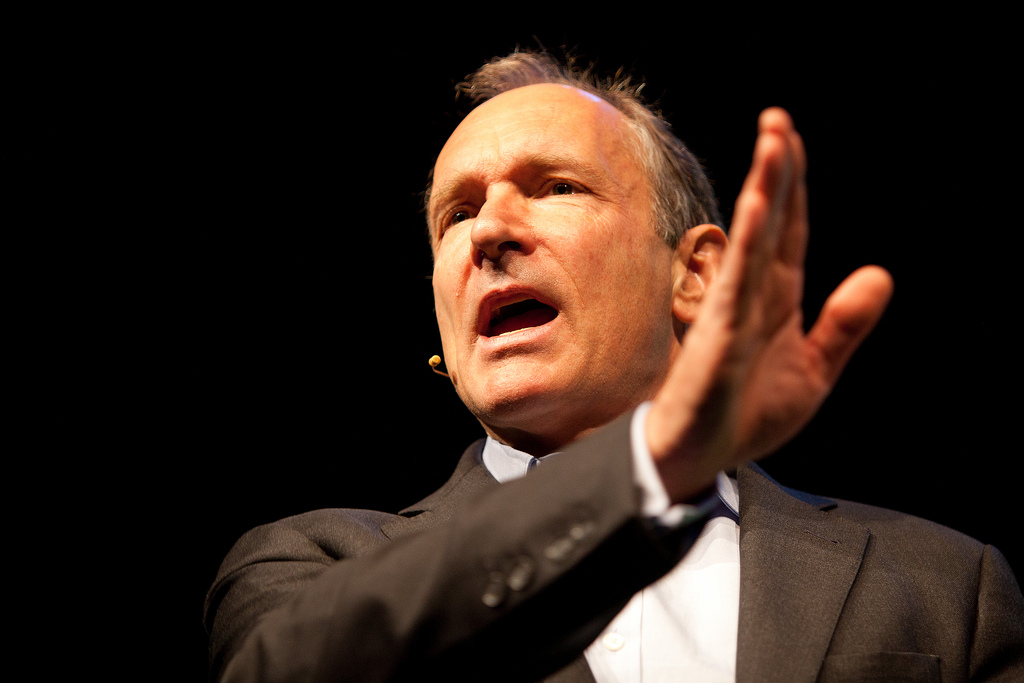Data that could help beat corruption and improve government services remains locked away in 90% of countries, according to a new research report backed by Sir Tim Berners-Lee.
Despite pledges by the G7 and G20 to boost transparency by opening up government data, fewer than 8% of countries publish datasets in open formats and under open licenses on public sector budgets, spending and contracts.
These are amongst the findings of the Open Data Barometer, an 86-country study produced by the World Wide Web Foundation, released today.
The study reveals that just 13% of countries publish open data on government budgets, 8% on government spending, 6% on government contracts, and 3% on the ownership of companies.
>See also: Sir Tim Berners-Lee outlines his 2050 vision of the Web
The report also finds that citizens in most countries cannot freely access data on the performance of key public services such as health and education. Just 7% of the countries surveyed release open data on performance of health services, with 12% providing corresponding figures on education.
Where datasets are released openly, they are often scant on detail or infrequently updated, found the Barometer, which also ranked nations based on readiness, implementation and impact of open data initiatives.
Best performing countries for open data overall
| Developed countries | Emerging market countries | Developing countries |
| 1) UK | 21) Brazil | 36) Indonesia (tie) |
| 2) US | 22) Mexico | 39) India |
| 3) Sweden | 33) Hungary (tie) | 46) Ghana (tie) |
| 4) New Zealand (tie) | 33) Peru (tie) | 46) Rwanda (tie) |
| 4) France (tie) | 36) Argentina (tie) | 49) Kenya |
Most open data initiatives are not embedded in law. Linking open data to a legal right to information or mandatory policy of proactive disclosure makes it harder for government agencies to shy away from opening up sensitive or lucrative datasets.
Just 17% of the countries surveyed had a well-functioning right-to-information law. Laws and procedures to safeguard individual privacy also need urgent attention in most countries in the sample, the report claimed.
In 2013, the G8 (now the G7) signed an Open Data Charter, pledging to become ‘open by default’. Despite incremental progress by most of the G7 nations, ‘open by default’ remains a long way off.
Almost half of these countries are still not publishing the key datasets they promised to release in 2013, with just two (UK and Canada) publishing land ownership data in open formats and under open licenses. Amongst the G7 countries, only the UK has an open company register.
>See also: Sir Tim Berners-Lee: We must resist government snooping
The UK is also number one at harnessing open data for social and economic benefit. The country retains its top spot in the global rankings, followed by the US, Sweden, France, and New Zealand. France was among the biggest climbers this year, rising six places. Among developing nations, Indonesia, Nigeria, and Brazil were all praised for strong progress.
“In our digital age, opening up raw government data to everyone, free of charge, is a great way to put power in the hands of citizens,” said Berners-Lee, inventor of the World Wide Web and founder of the World Wide Web Foundation. “Yet, this research indicates that governments continue to shy away from publishing the very data that can be used to enhance accountability and trust.
“The G7 and G20 blazed a trail when they recognised open data as a crucial tool to strengthen transparency and fight corruption. Now they need to keep their promises to make critical areas like government spending and contracts open by default. The unfair practice of charging citizens to access public information collected with their tax resources must cease.”







